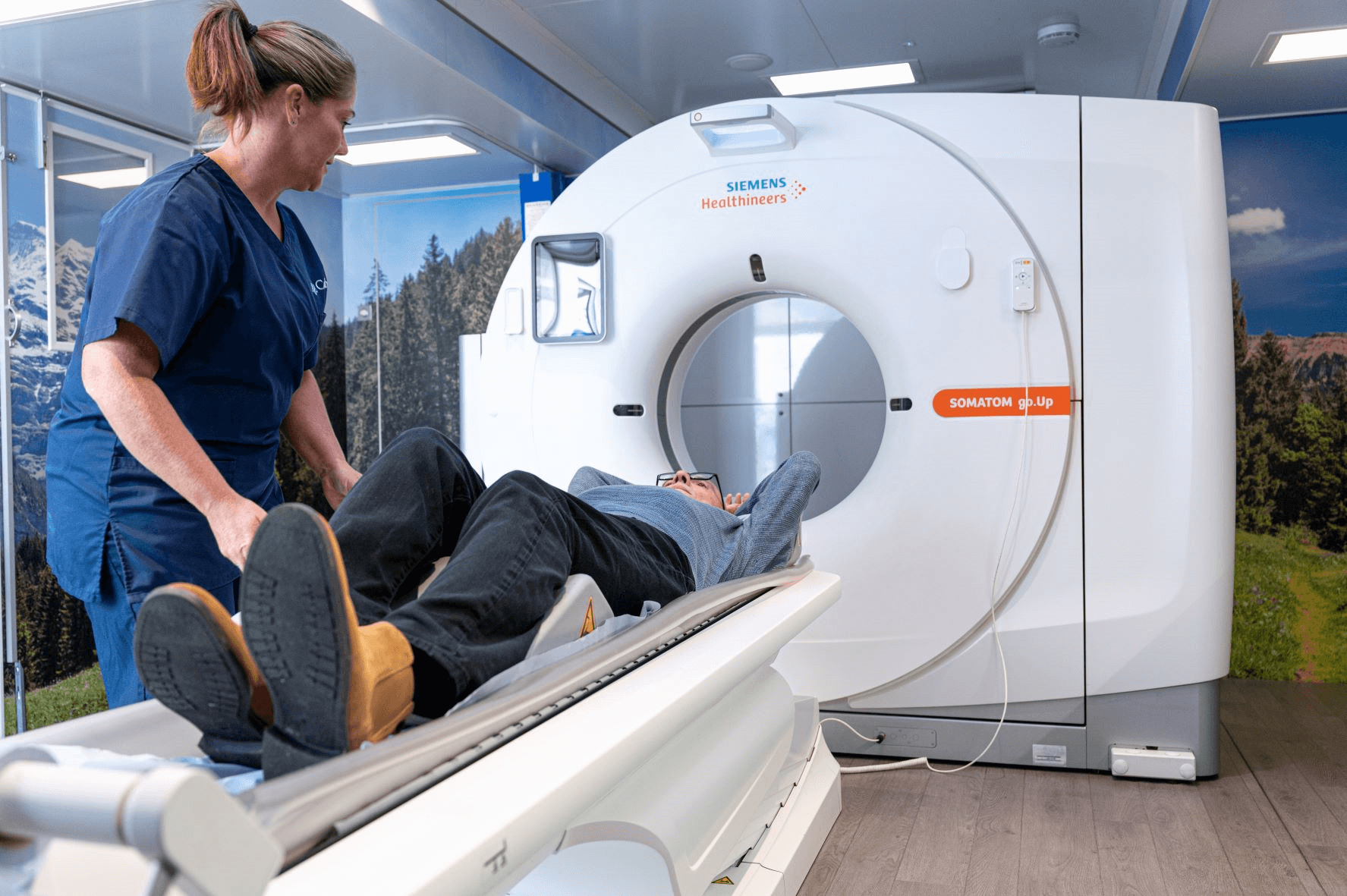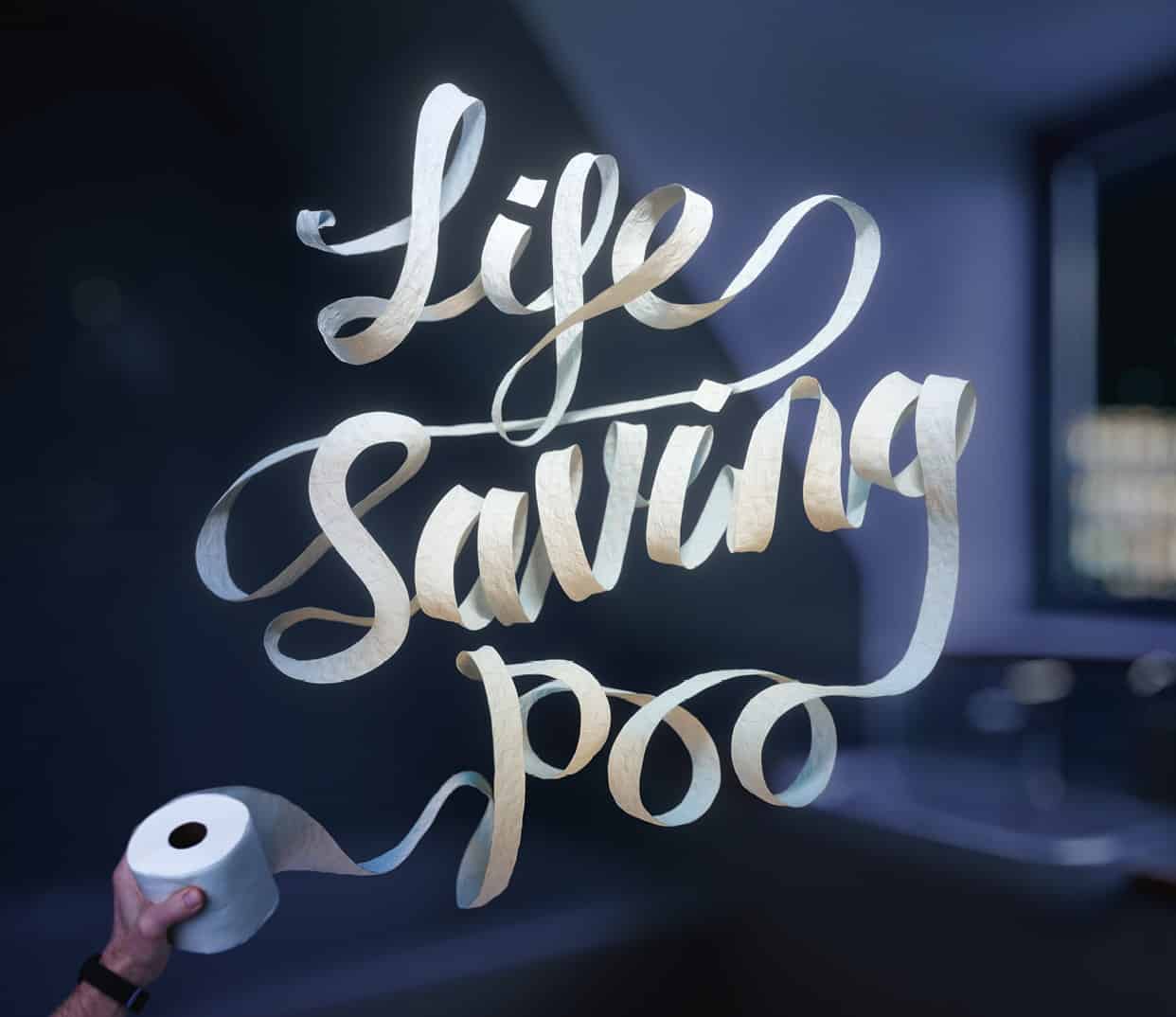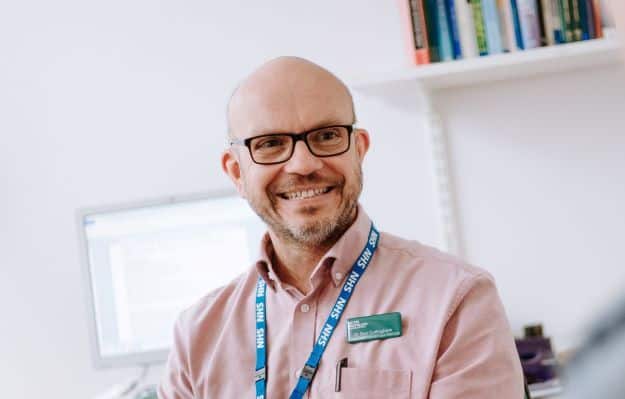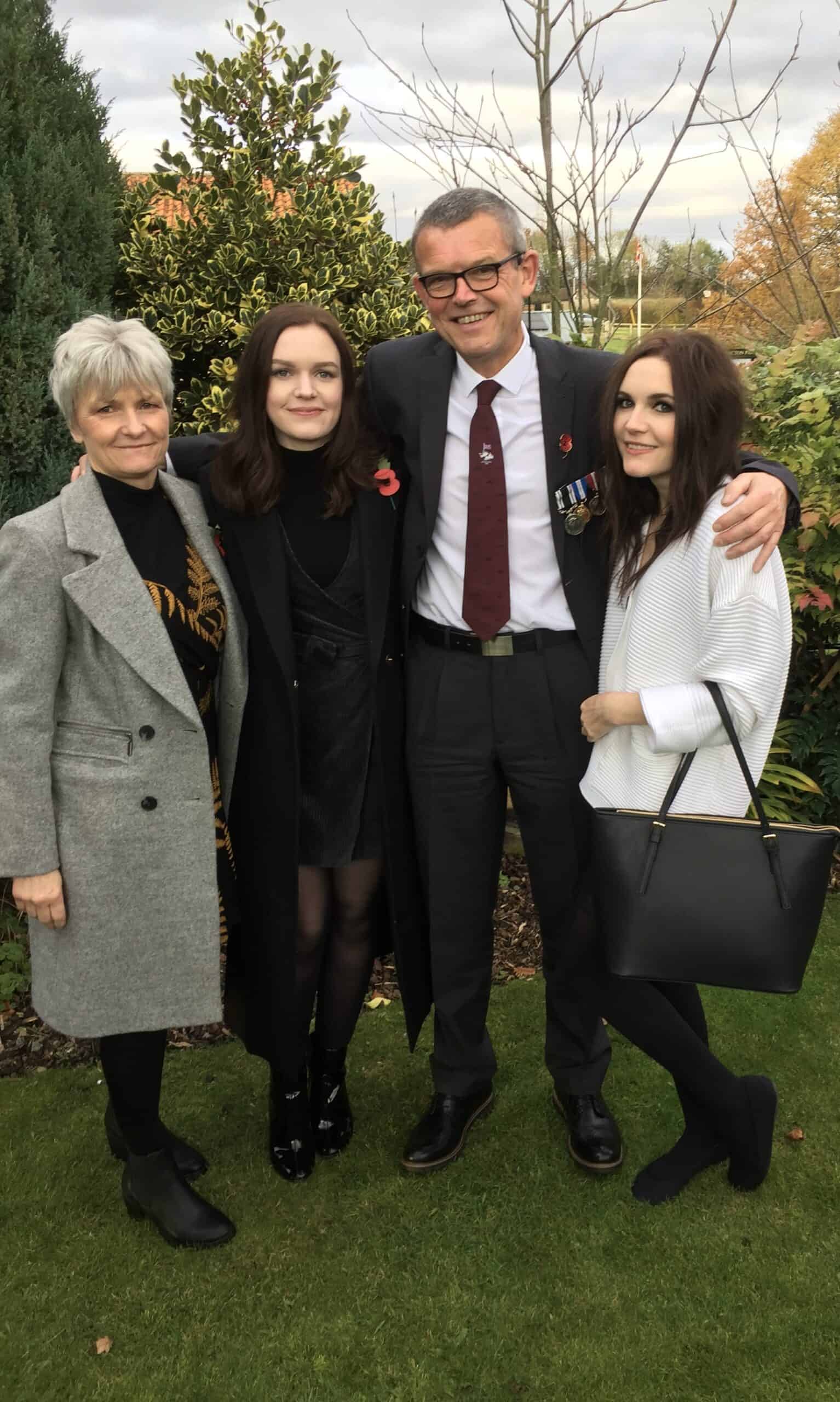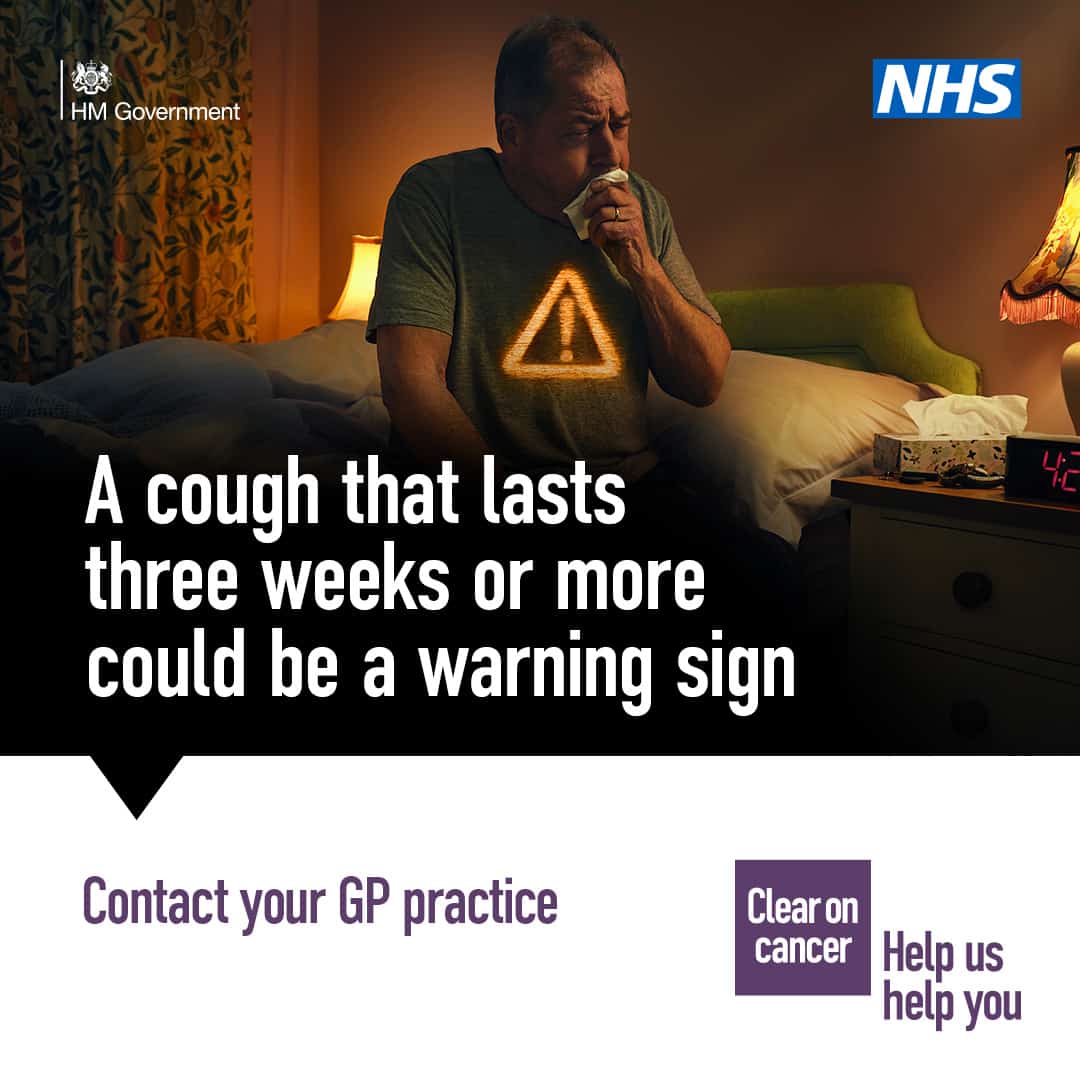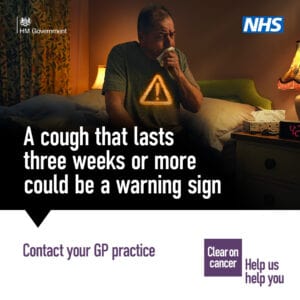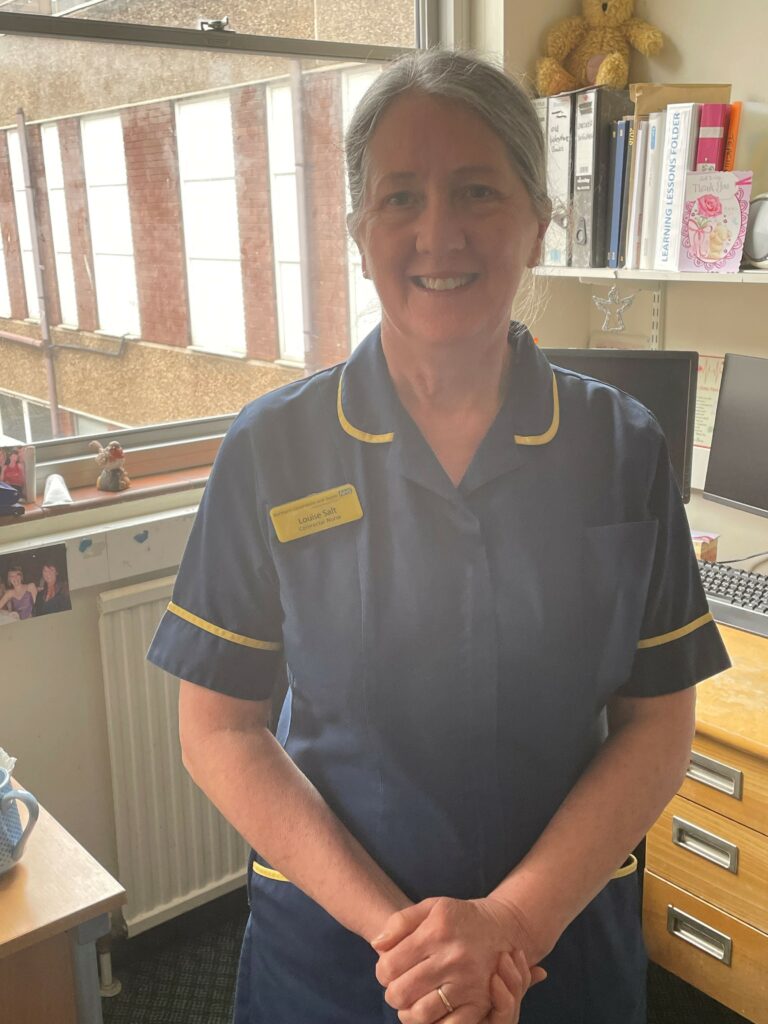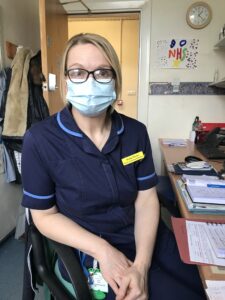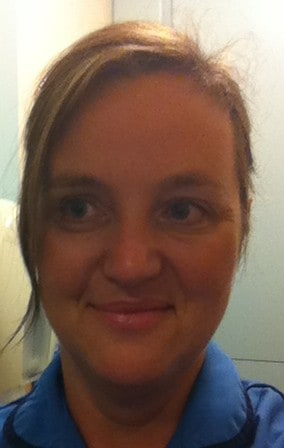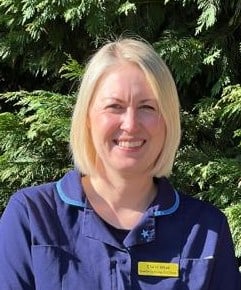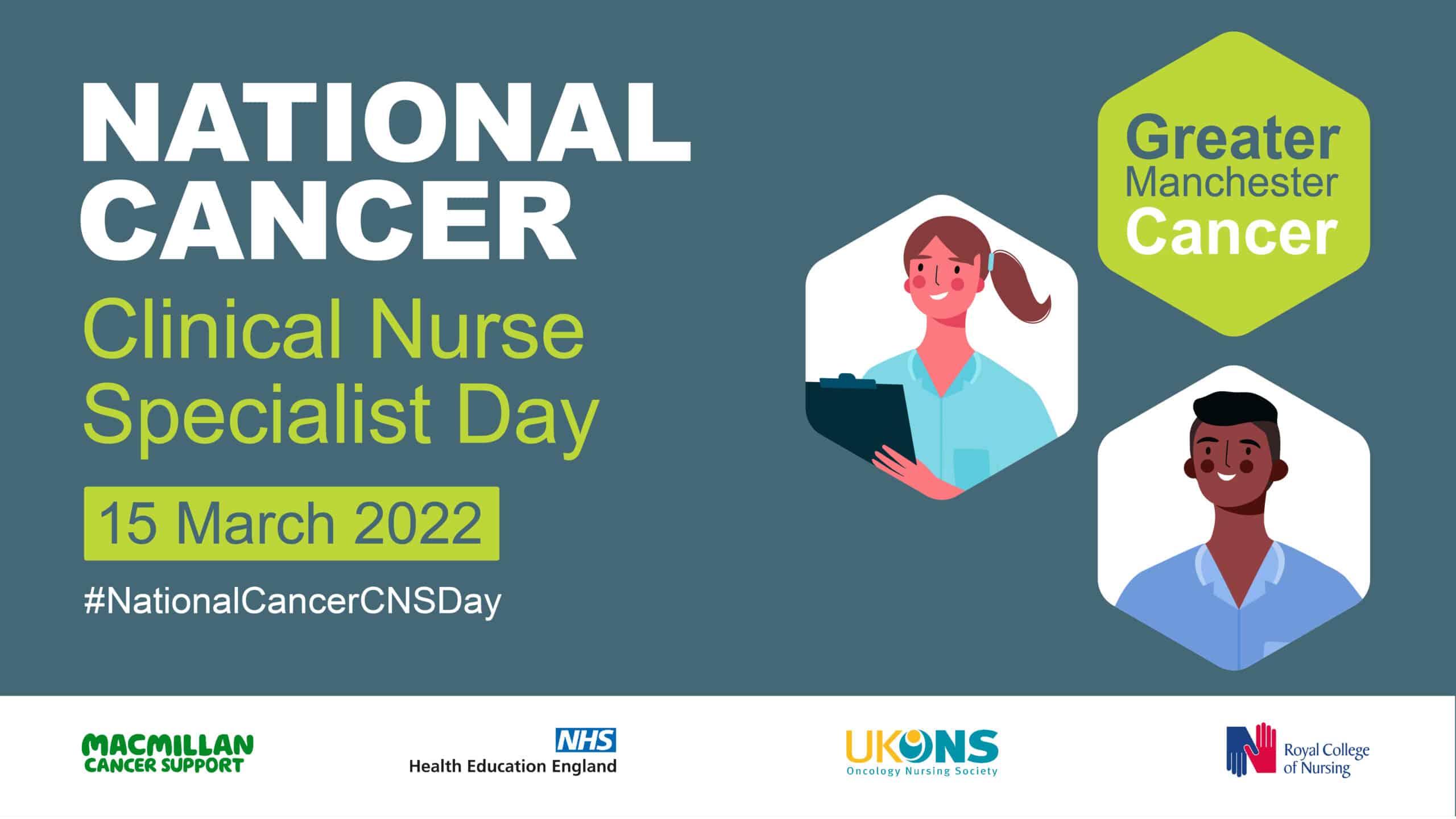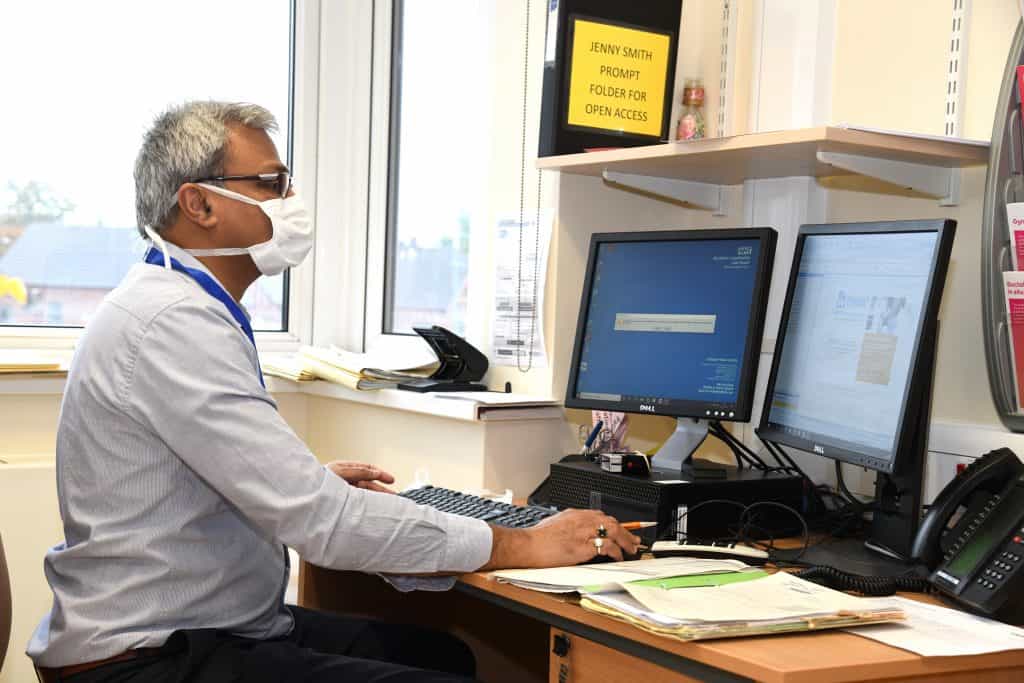People in deprived areas are now more likely to be diagnosed with lung cancer at an earlier stage, thanks to the success of NHS lung trucks.
For the first time ever, new data shows more than a third of people diagnosed with lung cancer from the most deprived fifth of England were diagnosed at stage one or two in 2022 (34.5%) – up from 30% in 2019.
Lung MOTs, located in mobile trucks in supermarket carparks, launched in 2018 in areas of the country with the lowest lung cancer survival rates – and they have already made an impact on earlier diagnoses.
As part of the biggest programme to improve earlier cancer detection in health history, the NHS has now teamed up with the Roy Castle Lung Foundation on a new campaign encouraging the hundreds of thousands of people who are invited each month to take up the potentially lifesaving scan.
The campaign will be running over the coming months across social media, through online advertising and on posters in areas where lung checks are operating.
More than 300,000 (313,387) people have already taken up the offer and the trucks have diagnosed more than 1,750 (1,779) people with lung cancer. Over three-quarters (76%) were caught at stage one or two, compared with just a third caught at early stages in 2018.
People diagnosed with lung cancer at the earliest stage are nearly 20 times more likely to survive for five years than those whose cancer is caught late.
Now at 43 sites across the country, the mobile trucks scan those most at risk from lung cancer, including current and ex-smokers, inviting them for an on-the-spot chest scan for those at the highest risk. Advice to help people stop smoking is also provided to those who attend.
Cancer survival is at an all-time high in England and the latest data shows the NHS is diagnosing more patients with cancer at an earlier stage than ever before, when it is easier to treat – over 100,000 (104,012) patients were diagnosed with cancer at stages one or two when it is easier to treat – the highest proportion on record.
National Director for Cancer, Dame Cally Palmer, said: “These findings are incredibly important – they show the power behind targeted health programmes with the NHS continuing its drive to detect cancers earlier by going into the heart of communities that may be less likely to come forward.
“While early diagnosis rates for cancer have traditionally been lower for deprived groups, thanks to the rollout of lung trucks, the NHS has turned a huge corner – and is now finding and treating those who would otherwise have been undetected.
“The NHS will not stop in its efforts to go out and find more cancers at an earlier point, when easier to treat, so if you have had an invite, please take it up, and as ever, if you are showing any signs of cancer, please come forward to your GP – getting checked could save your life”.
Health Minister Helen Whately said: “Catching lung cancer early saves lives, which is why we’re prioritising early diagnosis for those most at risk.
“These figures show how care closer to home for 300,000 people, using NHS lung trucks, has potentially saved over 1,750 lives.
“We’re laser-focused on fighting cancer on all fronts – prevention, diagnosis, and treatment, backed up with funding and research – and alongside these mobile trucks we have also opened 100 community diagnostic centres, which have delivered over 3.6 million additional tests, checks and scans, including lung checks”.
Chief Executive of Roy Castle Lung Cancer Foundation, Paula Chadwick, said: “It is truly heartening to see the wonderful progress being made in the early detection of lung cancer because of the targeted lung health check programme and these checks are allowing us to get ahead of lung cancer for the first time, catching the disease at the earliest opportunity, often before symptoms even start, and treating it with an aim to cure.
“So many people have already benefitted from having a lung health check but there are also a lot of people who have been invited and not taken up the opportunity, so I urge anyone who receives an invitation to have the check – even if you feel well, even if you have no symptoms, even if you’re convinced there’s nothing wrong! You have been invited for a reason and when it comes to lung cancer, it is always best to check”.
Smoking causes more than seven in ten lung cancer cases in the UK. Previous trials have shown that CT screening reduced lung cancer mortality by 26% in men and between 39% and 61% in women.
Not only do the lung trucks scan for cancer, but they have also identified thousands of people with other undiagnosed conditions including respiratory and cardiovascular disease, enabling them to access the treatment they need earlier, and helping to prevent potential hospitalisations.
Thanks to awareness campaigns and early diagnosis drives, the NHS has been seeing and treating record numbers of people for cancer, with over 2.8 million getting checked for cancer in 2022, and over 320,000 people received treatment for cancer in the same year – up on 2.35 million checks and 8,000 treatments in the same period before the pandemic.
The NHS has also made considerable strides in bringing down the 62-day wait cancer backlog with 4,868 fewer people (19,027) waiting in March 19 compared to the same period the month before (23,874).
The main symptoms of lung cancer include:
- a cough that does not go away after three weeks
- a long-standing cough that gets worse
- chest infections that keep coming back
- coughing up blood
- an ache or pain when breathing or coughing
- persistent breathlessness
- persistent tiredness or lack of energy
- loss of appetite or unexplained weight loss
The Lung Health Checks are now available in North East Lincolnshire. For more information on the Targeted Lung Health Check programme in the Humber and North Yorkshire region please visit www.lunghealthchecks.org.uk.
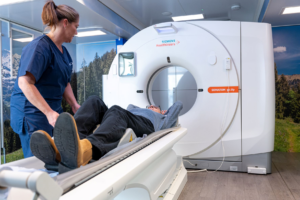
A patient about to have their lungs checked
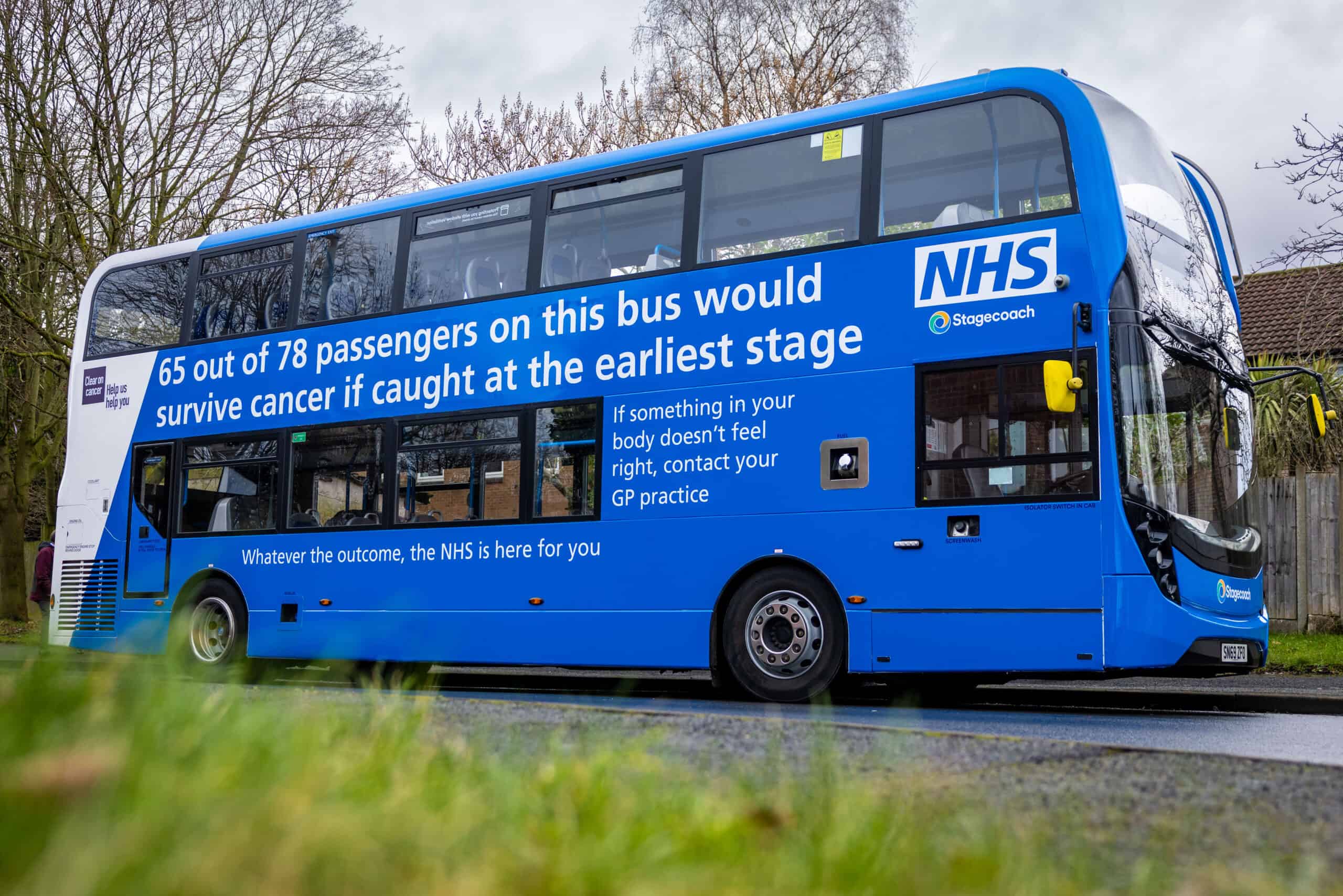
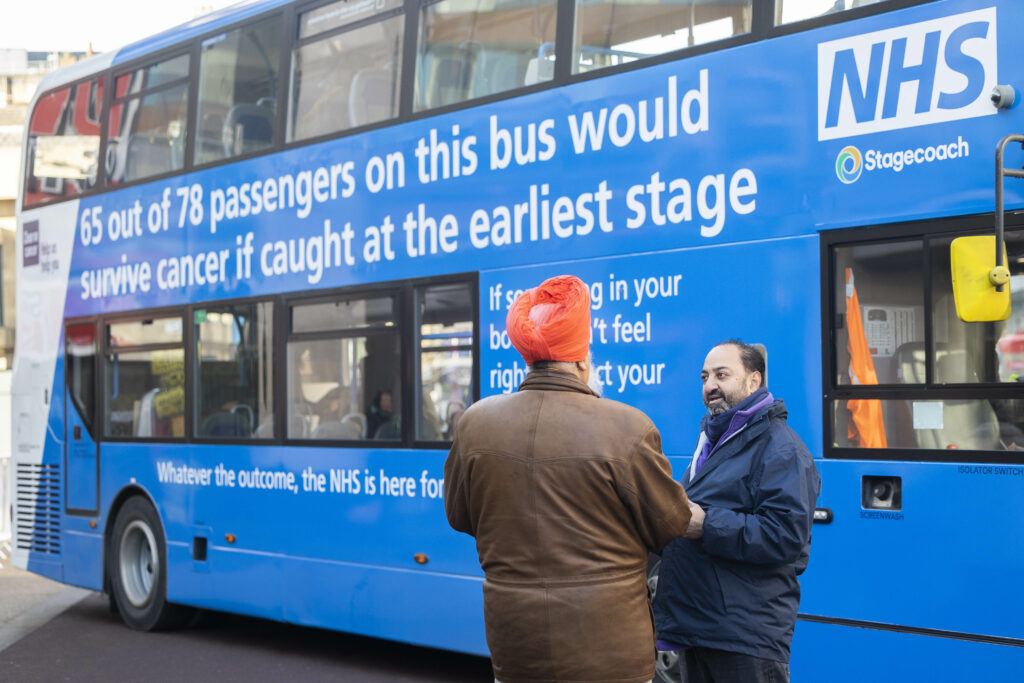

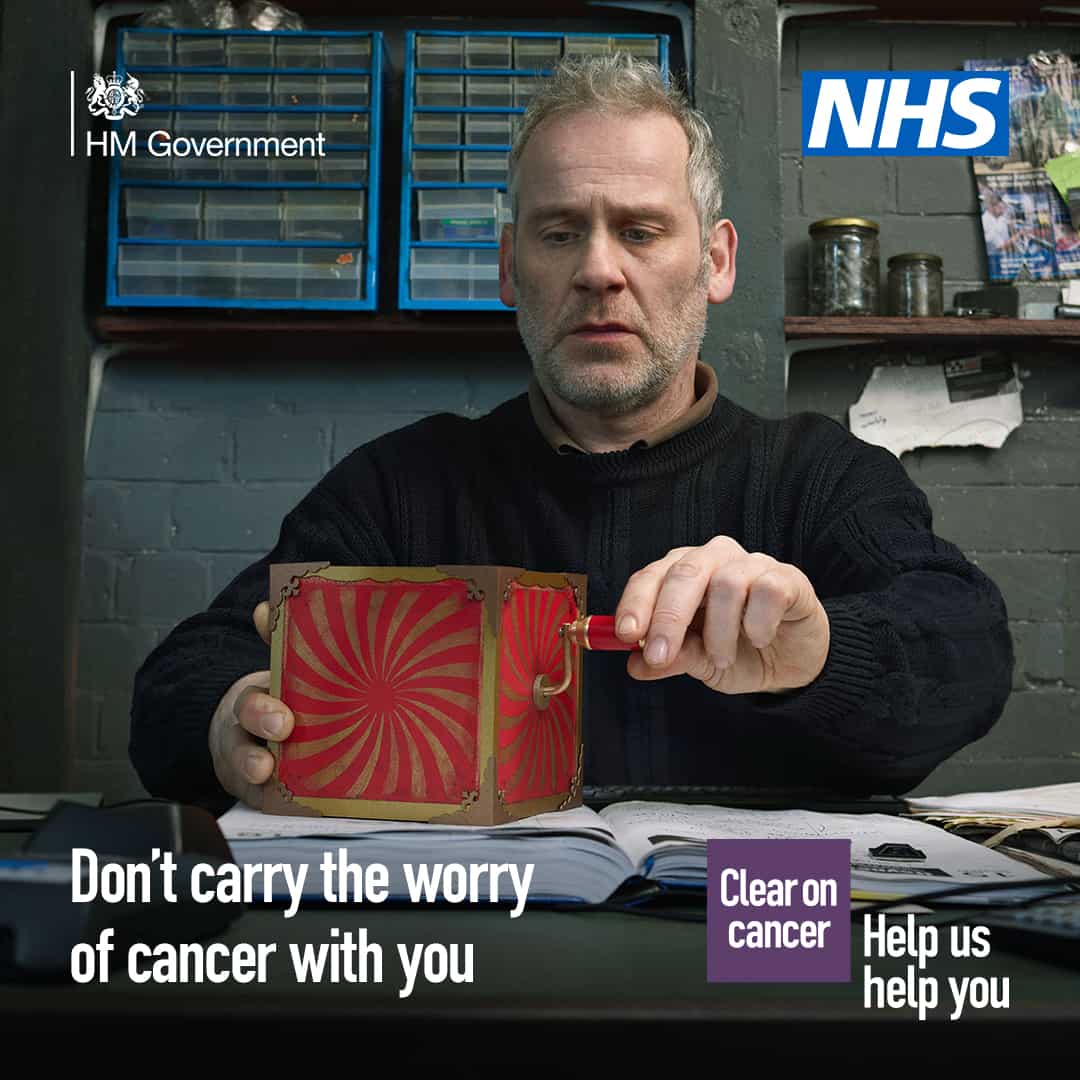

 May is Skin Cancer Awareness Month and as the weather across the UK heats up, Humber and North Yorkshire Cancer Alliance has joined forces with Macmillan, SKCIN and MKM Building Supplies to raise awareness of skin cancer and the importance of those working outdoors protecting themselves.
May is Skin Cancer Awareness Month and as the weather across the UK heats up, Humber and North Yorkshire Cancer Alliance has joined forces with Macmillan, SKCIN and MKM Building Supplies to raise awareness of skin cancer and the importance of those working outdoors protecting themselves.